Texas Democratic Representative Marc Veasey took President Donald Trump to task calling his proposed show of military strength "an expensive attempt by Trump to drive up his approval ratings and an insult to U.S. service members."
An expensive political ploy whose sole aim is to boost Trump's approval ratings is an insult to their service and detracts from resources needed to provide meaningful assistance to veterans and current service members."
Veasey introduced a bill in the House blocking the use of taxpayer funds to pay for Trump's military spectacle. His Democratic colleague, Senator Ben Cardin of Maryland, took similar steps in the Senate.
In a letter to his fellow senators, Cardin stated:
We have the best armed forces in the world. We don’t need to flex our muscles to showcase our military hardware. Our brave military men and women flex their might around the world every day on behalf of our nation."
Trump long expressed awe and envy over the Bastille Day parade he attended in France in July 2017. French President Emmanuel Macron invited Trump as a celebration of the 100th anniversary of the U.S. entry into WWI.
The French parade featured soldiers, fighter jets and other military equipment. Since then Trump repeatedly stated he wanted a similar show of force to march down Pennsylvania Avenue and past the White House.
But on January 18 in a closed door meeting with top Pentagon officials, Trump gave the order to make his parade of military might happen. White House Press Secretary Sarah Huckabee Sanders later confirmed the meeting and the president's order. The Pentagon stated they are looking into the logistics and scheduling of Trump's parade order.
The parade faces intense scrutiny and criticism from both Republican and Democratic lawmakers. Some, like Senator John Kennedy, stated grand displays of military hardware show weakness, not strength. Such parades are common among authoritarian regimes, like in North Korea and Russia.
The United States traditionally reserves such displays to the end of a major military conflict, such as the 1991 parade after Desert Storm and the parade at the end of WWII.







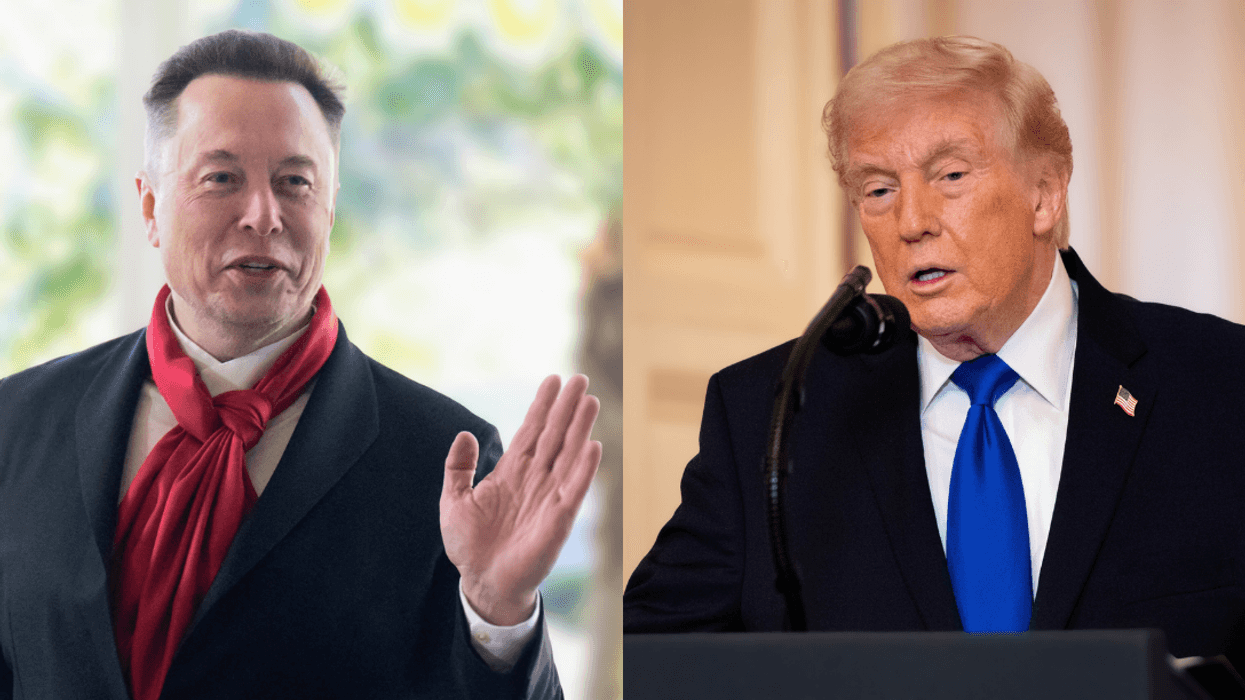
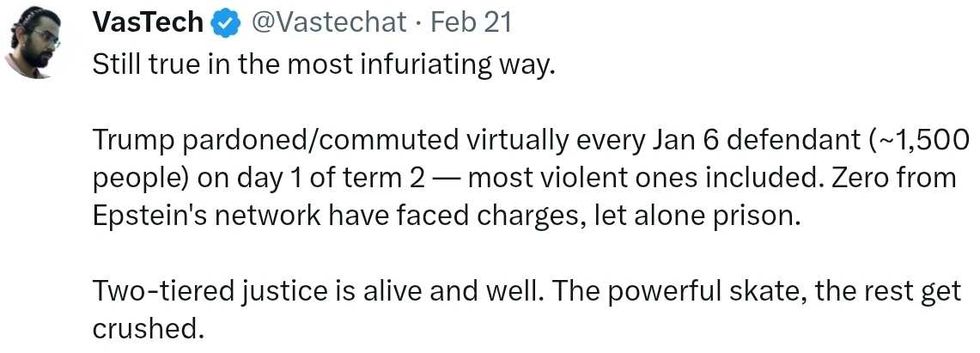 reply to @elonmusk/X
reply to @elonmusk/X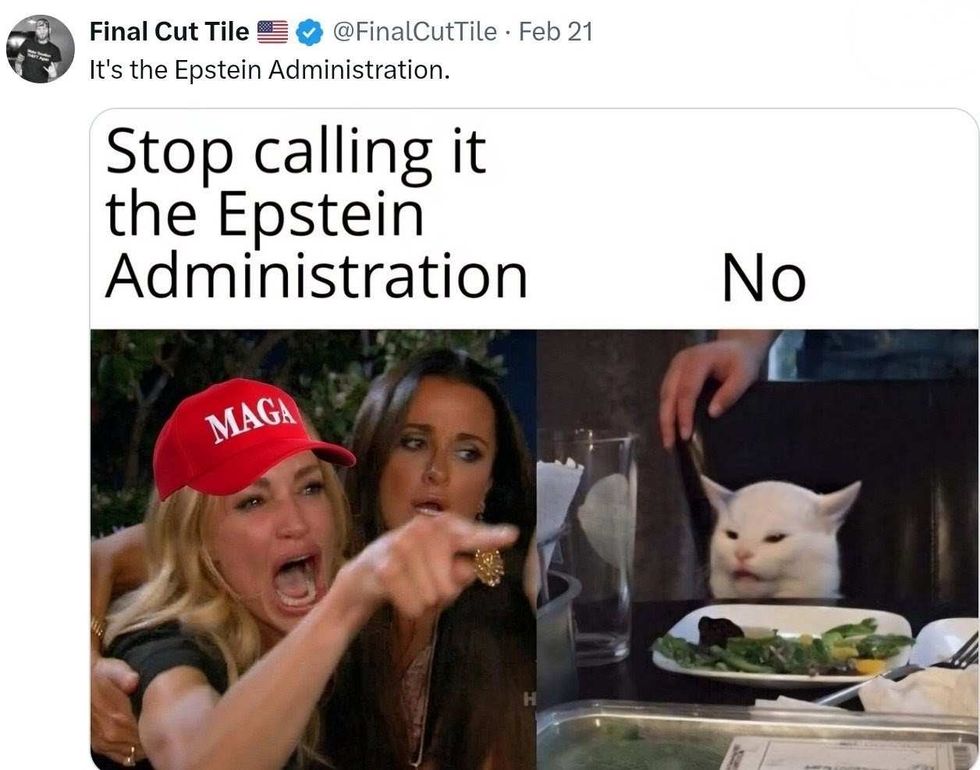 reply to @elonmusk/X
reply to @elonmusk/X reply to @elonmusk/X
reply to @elonmusk/X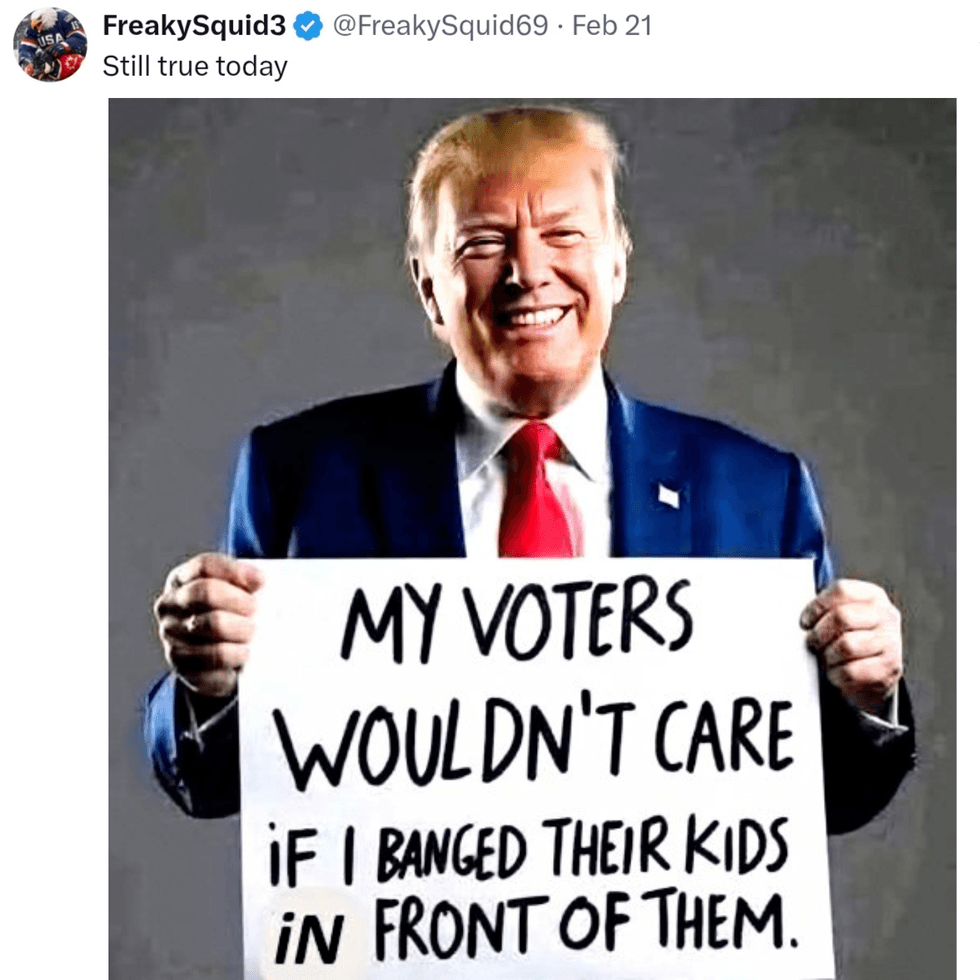 reply to @elonmusk/X
reply to @elonmusk/X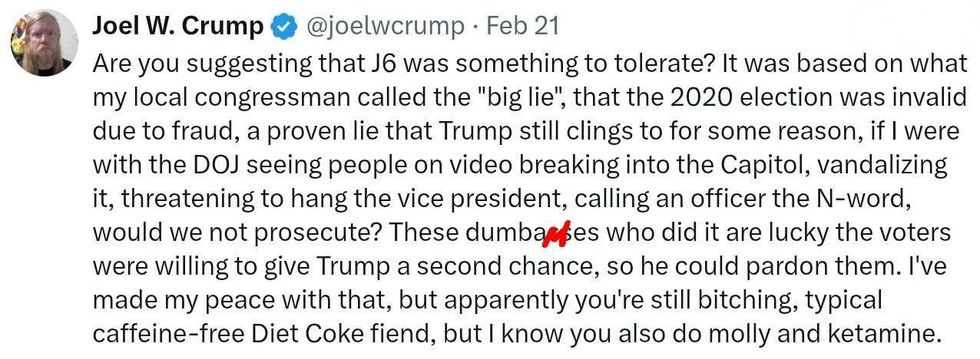 reply to @elonmusk/X
reply to @elonmusk/X reply to @elonmusk/X
reply to @elonmusk/X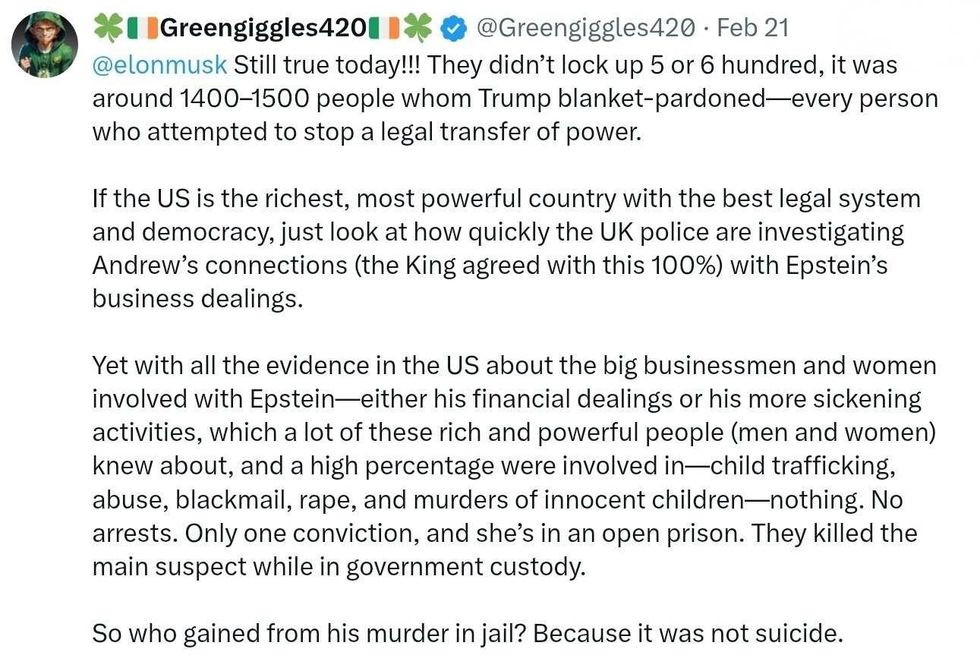 reply to @elonmusk/X
reply to @elonmusk/X




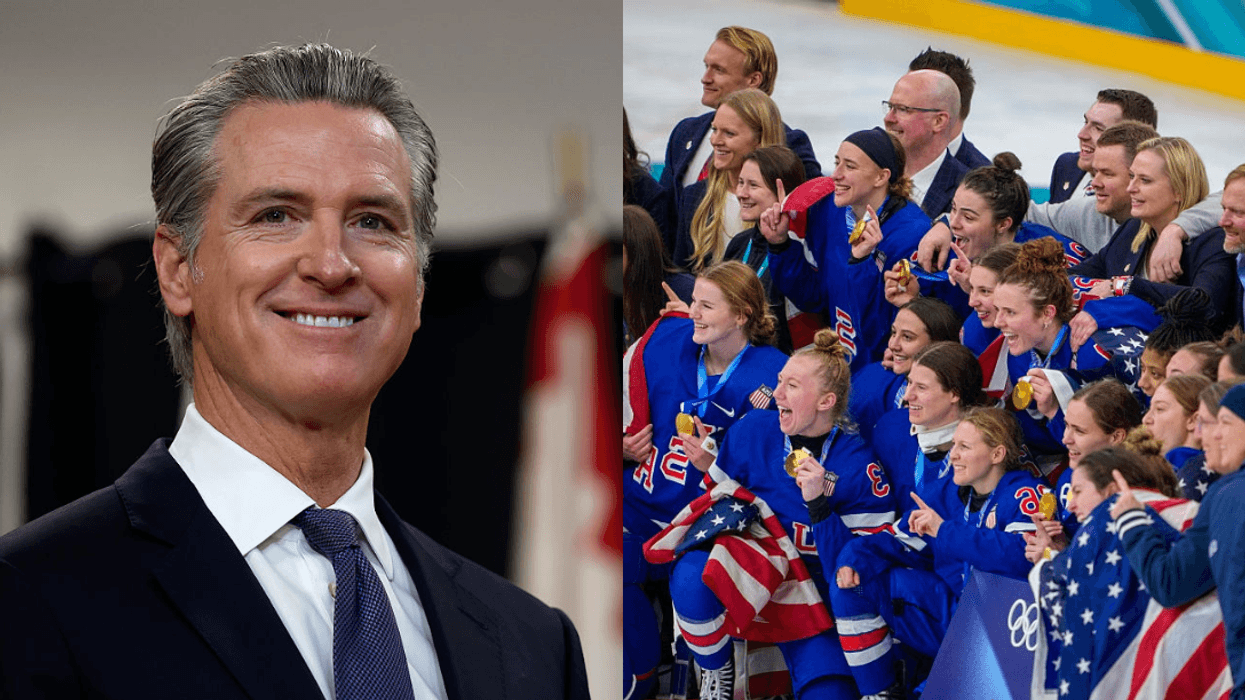
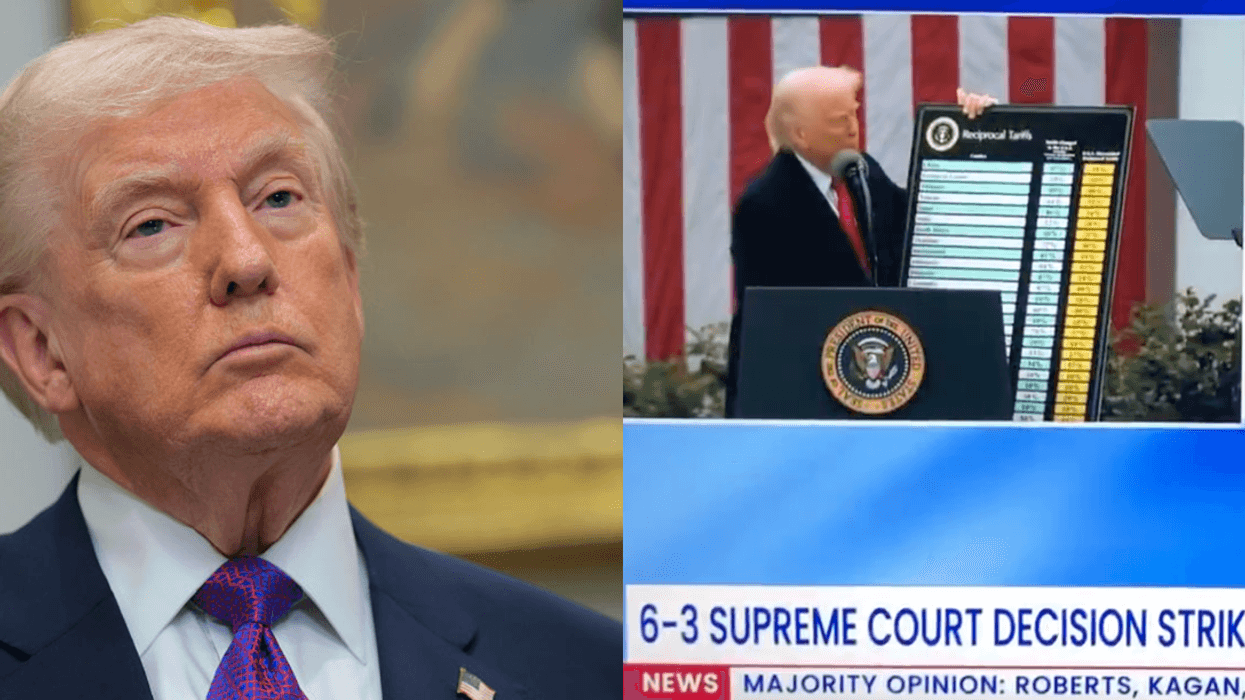
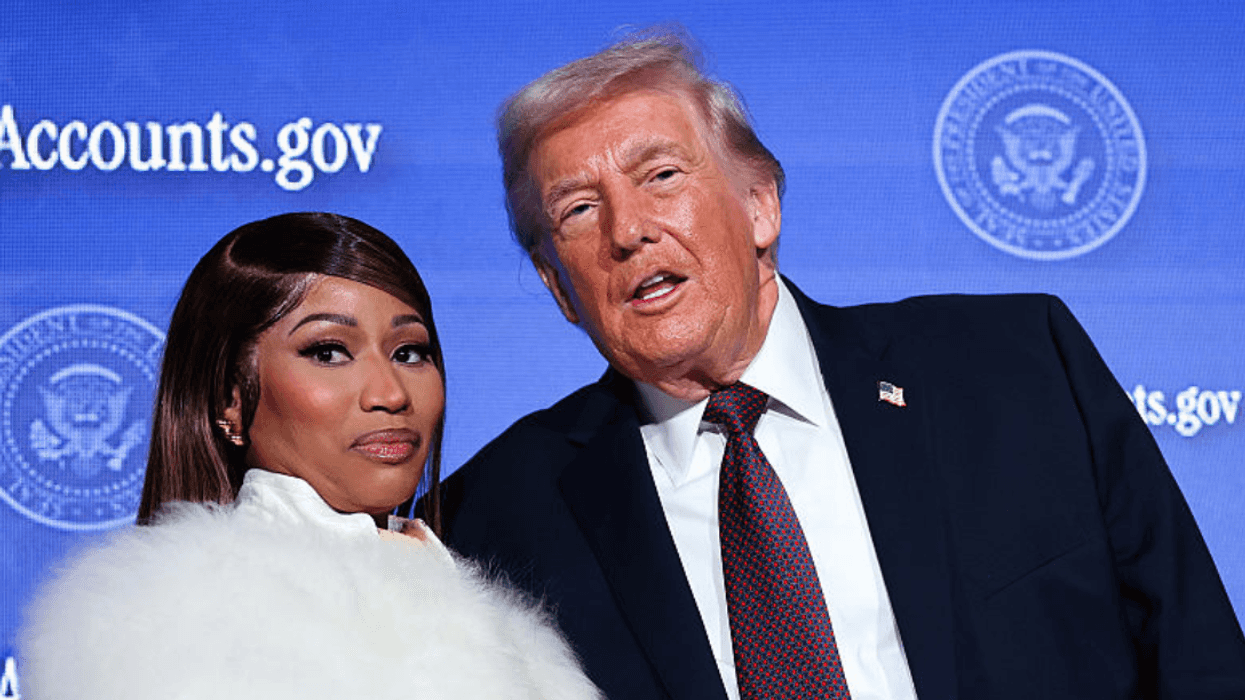
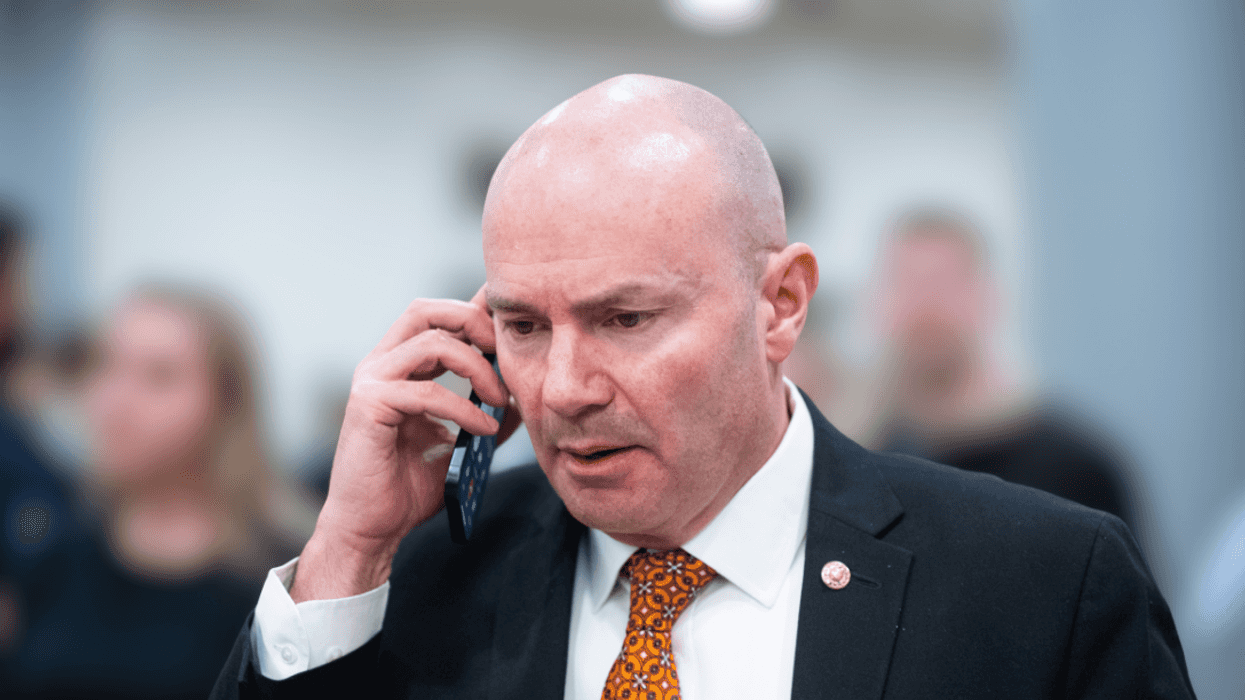
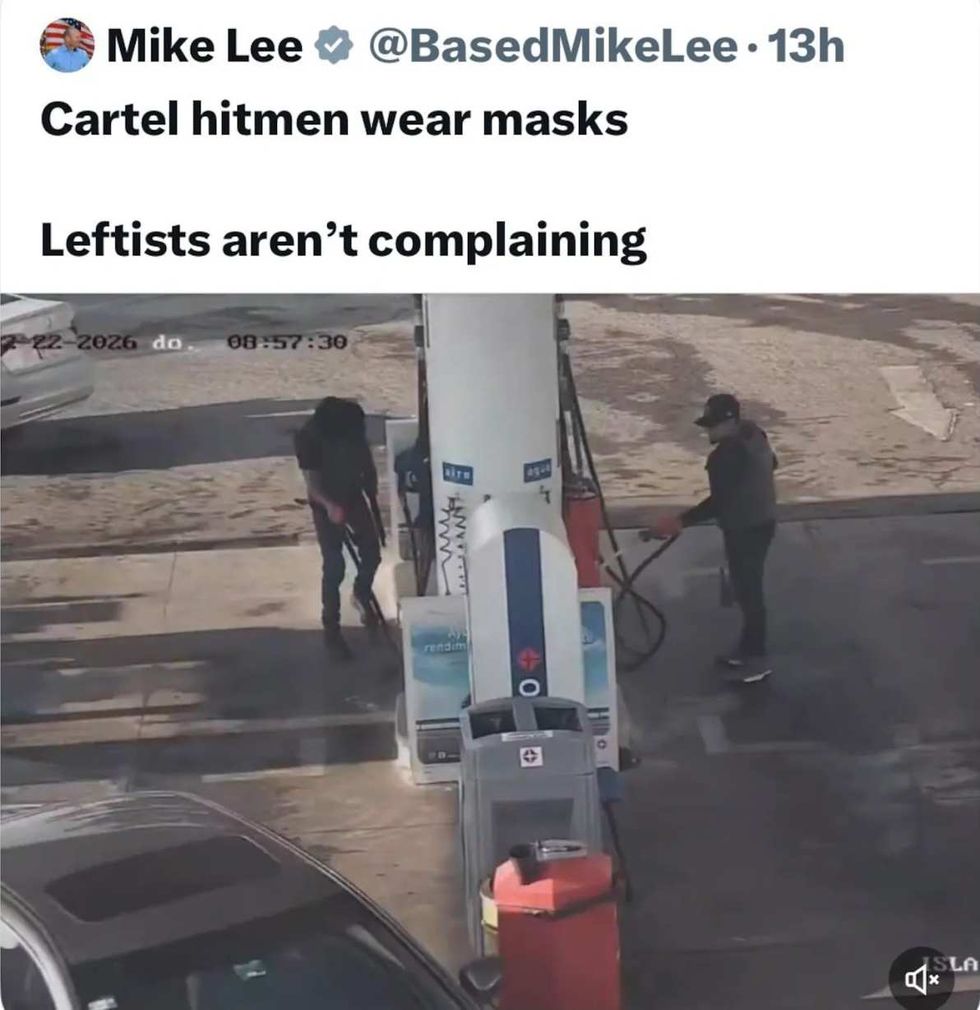 @BasedMikeLee/X
@BasedMikeLee/X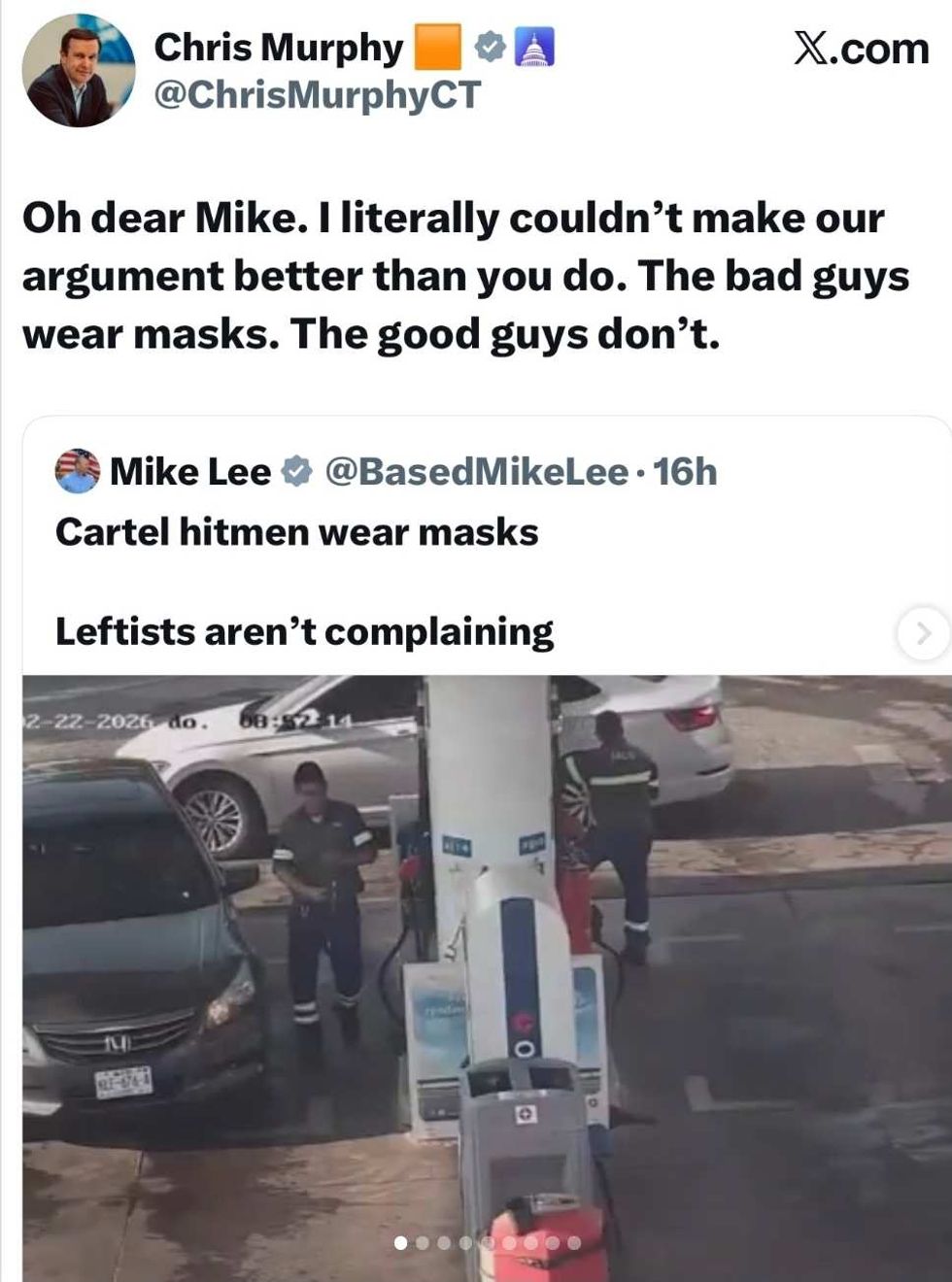 @ChrisMurphyCT/X
@ChrisMurphyCT/X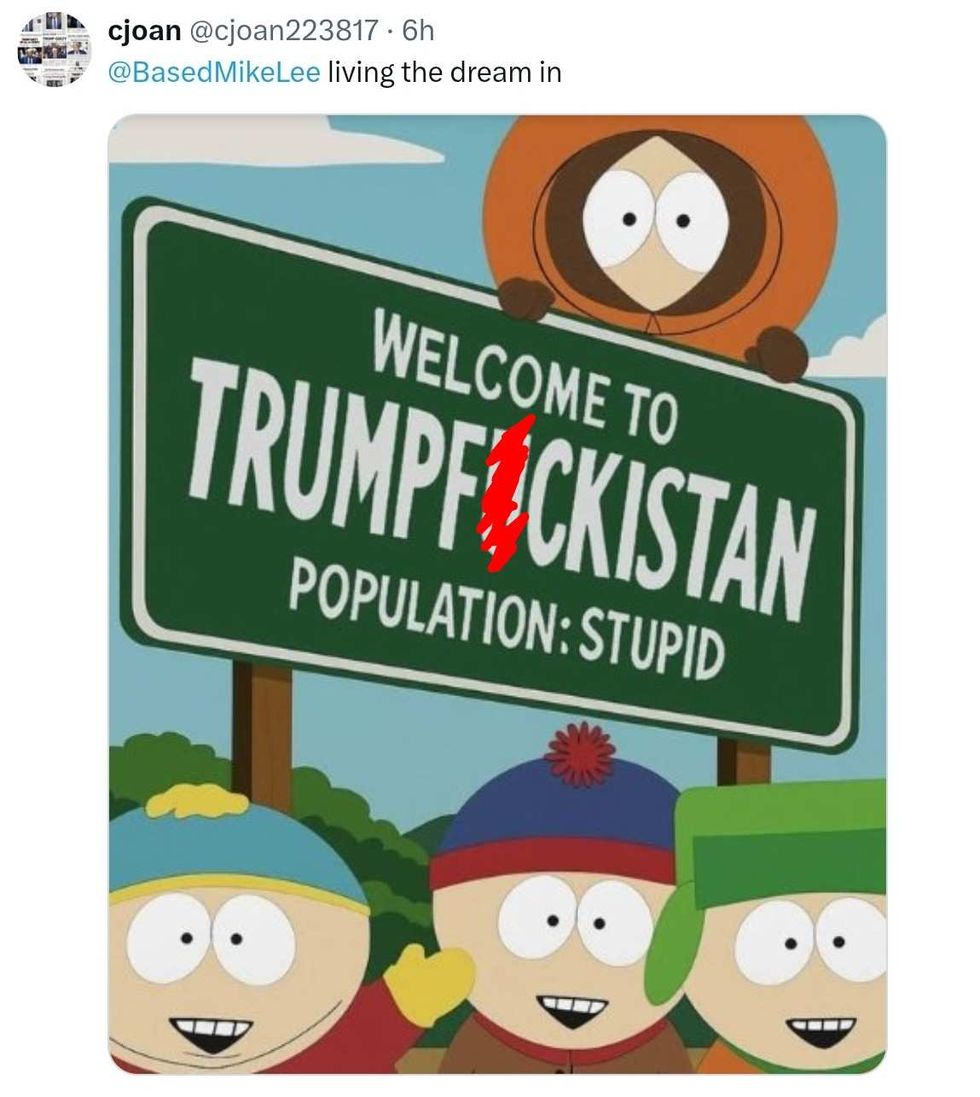 @cjoan223817
@cjoan223817

 @wideofthepost/X
@wideofthepost/X @mrmikebones/X
@mrmikebones/X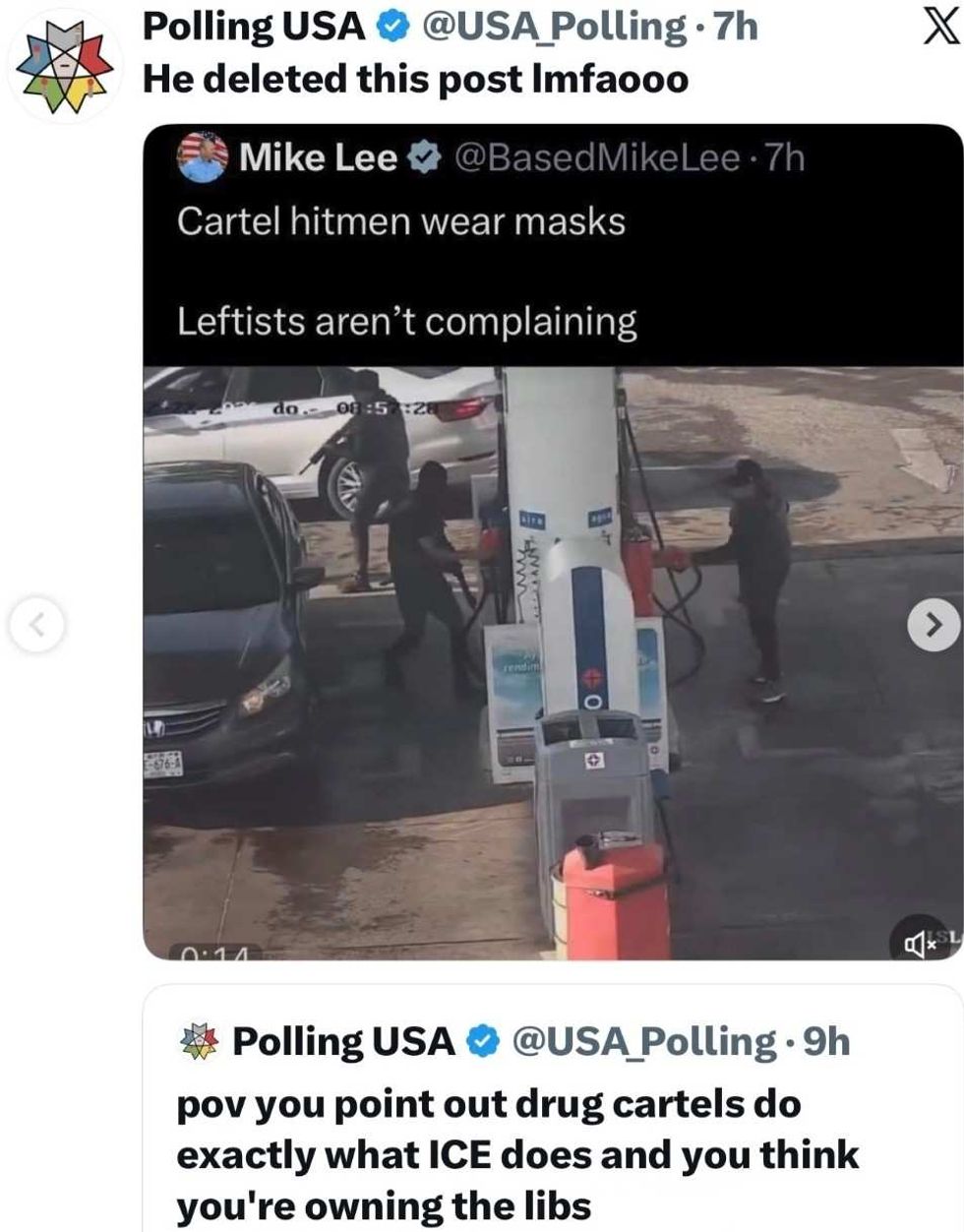 @USA_Polling/X
@USA_Polling/X